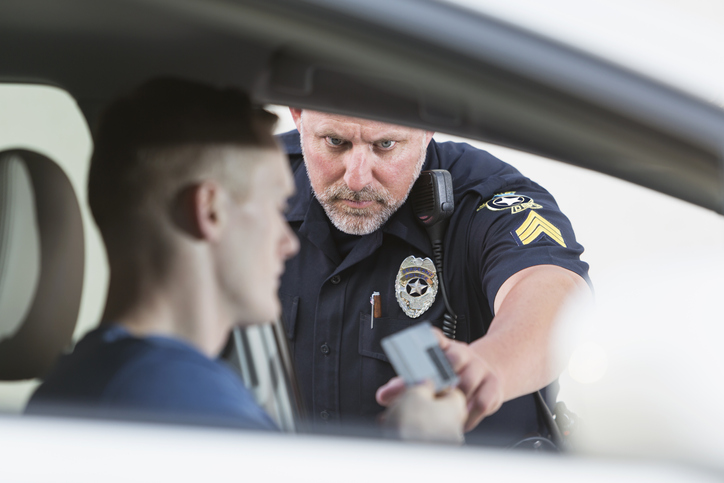Being arrested for driving while intoxicated is a terrible experience that can be made much more stressful if you are already on bond for another DWI. If you have been charged with DWI while on bond for another DWI, it is critical that you speak with an experienced criminal defense attorney immediately.
If you are arrested for DWI while on bond for another case, several things could happen once you are released on bond for the DWI. The first is your bond in the older case could be revoked, and you could get sent back to jail until a new bond is set and you post a new bond. Even if you have paid your bond in the DWI, the judge can still revoke your bond in your old case on the basis that you violated your bond conditions, most frequently because you allegedly committed a new law violation or consumed alcohol.
If your bond is revoked, a criminal defense attorney can ask the judge to set a new bond in your older case, and in most instances, you are entitled to a new bond under the Texas Constitution (there are several instances where you can be held without bond that are specified in the Texas Constitution, but most defendants who are arrested for DWI while on bond are eligible to receive another bond). A criminal defense attorney should be prepared to argue that a defendant is entitled to bond as a surprising number of prosecutors and even judges think that they can keep someone in jail without a bond for being arrested for DWI while having another case pending.
Typically, judges will set stricter bond conditions on a DWI charged while a defendant is on bond. These conditions can include an interlock, SCRAM device (a device that is worn on the ankle and continually monitors for the consumption of alcohol), or even a curfew and a prohibition on driving. It is critical that any additional bond conditions that the court adds are strictly complied with.
If you are arrested for DWI while you are on bond (and have not been convicted of the first DWI), the new DWI will still be charged as a DWI first offense, since you will not have been convicted of the first DWI yet. That is fortunate because a second DWI (which under Texas law is a DWI committed by a defendant who has a prior DWI conviction) carries significantly steeper consequences. A DWI First is usually charged as a Class “B” misdemeanor, punishable by up to 180 days in jail, while a DWI Second is a Class “A” misdemeanor, punishable by up to a year in jail. Additionally, if you are assessed probation for a DWI Second, Texas law requires a mandatory jail sentence as a condition of probation.
The strategy that a DWI defense attorney uses to defend a second DWI will be the same. As in all criminal cases, a DWI attorney will need to obtain the police report, videos, breath or blood results, and evidence relating to the accuracy and reliability of a breath or blood test, such as maintenance records of any machines used to administer a test. It is critical that every stage of the DWI is aggressively challenged, including the traffic stop or detention, investigation, administration of police balance tests, legal warnings, technical requirements relating to the breath or blood test, and the reliability of the result.
Typically, being arrested for a DWI while on bond for DWI would disqualify a defendant from any pre-trial diversion programs. Prosecutors may also be more reluctant to dismiss the cases, since they may be concerned that a defendant arrested for DWI while on bond has an alcohol problem and is potentially a danger to the public. Sometimes, it can be a good idea to consider alcohol counseling or therapy, both to address any issues with substance abuse and to have proof that a defendant is proactively addressing any issues (it is a good idea to speak with a DWI attorney before beginning any alcohol or substance abuse program, however).
Of course, the goal is to obtain a dismissal or acquittal in both cases. However, an experienced DWI attorney can assist you in evaluating what the likelihood of a dismissal or an acquittal is. On occasion, a DWI attorney can negotiate the dismissal of one case for a plea on the other, which is sometimes the best result, depending on the circumstances and the facts of the cases.
As the stakes get higher, it becomes even more important to have an experienced DWI attorney in your corner. Attorney Jose Ceja is a former prosecutor who has spent hundreds of hours studying the technical aspects of DWIs. If you are charged with DWI anywhere in the Greater Houston area, call Ceja Law Firm today.











